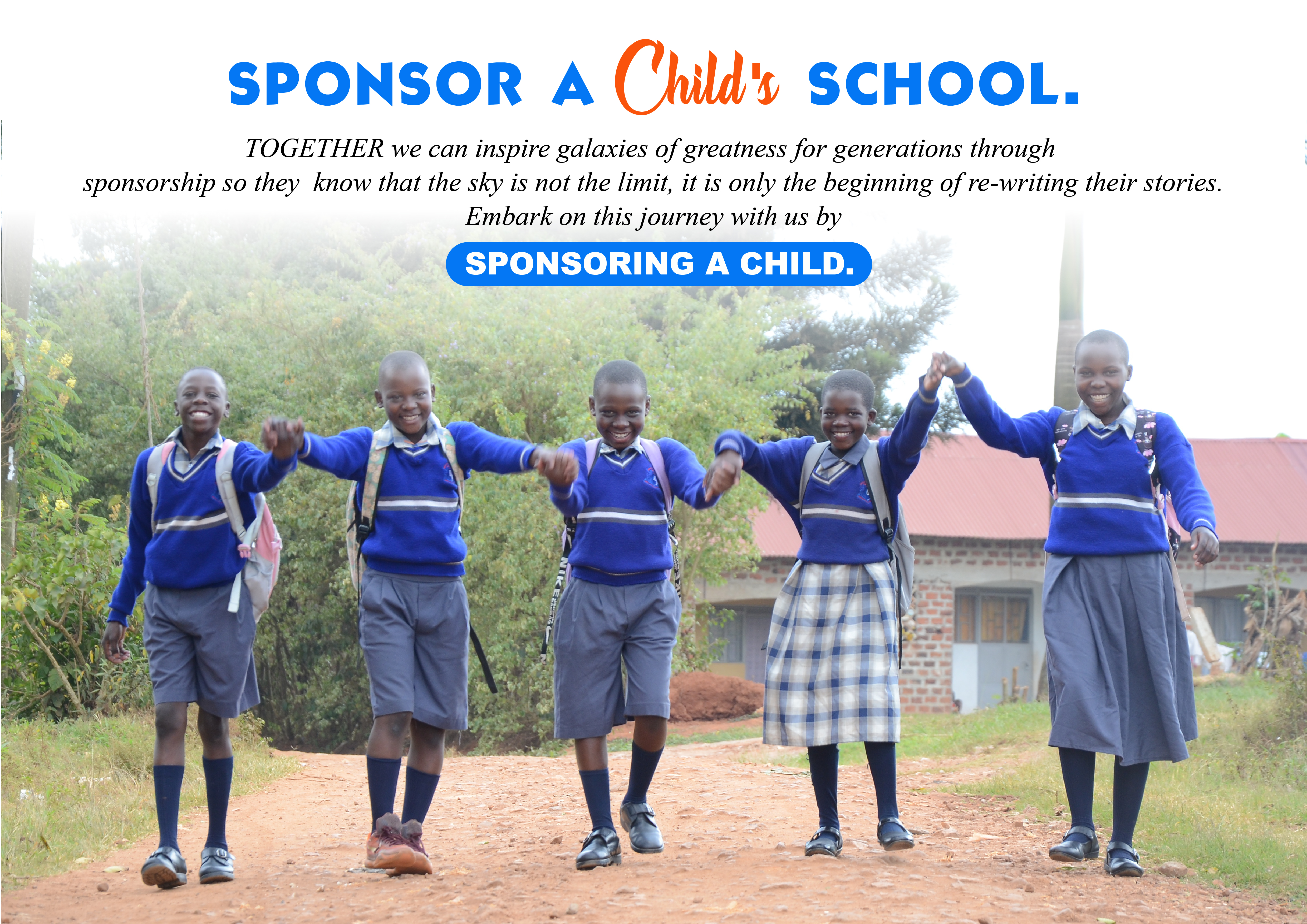We are urgently seeking sponsors for many of the children in our care. Your support can provide these children with the opportunity for a brighter future, and together, we can continue making a meaningful impact on their lives.
By sponsoring a child, you help give them access to education—not just school fees, but also essential materials, food, clothing, and the chance to celebrate their milestones. Most importantly, your sponsorship helps keep them safe and gives them a nurturing environment to grow and thrive.
When you choose to sponsor a child, you become an integral part of their journey. Simply send us an email with the child’s name as the subject, and we will provide detailed information about their grade, school, and progress. Your support gives a child a true chance at a brighter future.
Join us in this mission and make a lasting difference today. Together, we can create a brighter tomorrow for children in need.


